#twinstar
Explore tagged Tumblr posts
Text
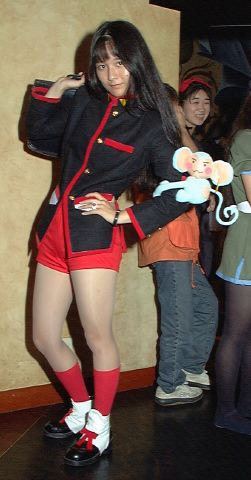
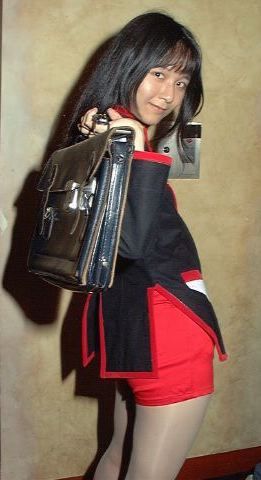
T-DAY VOL.8/1997.9.15 TWINSTAR Kagurazaka Tokyo
109 notes
·
View notes
Text
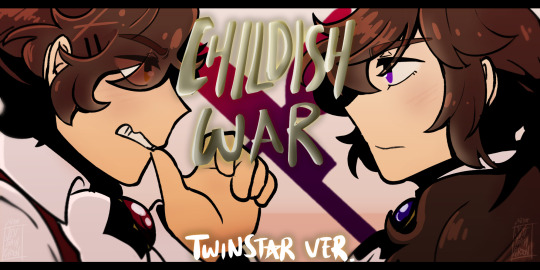
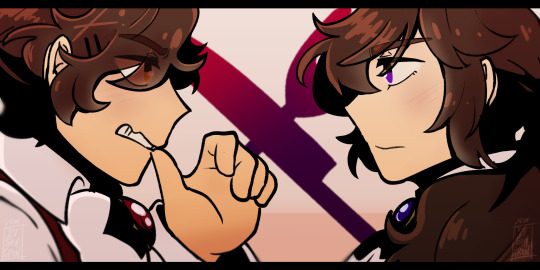
Childish war but It's the twinstars (@kieshartzishere)
#justtrashart#twinstar#justtrashpersona#oc art#original characters#rtumblr#I guess#oc#original character#my art
21 notes
·
View notes
Text
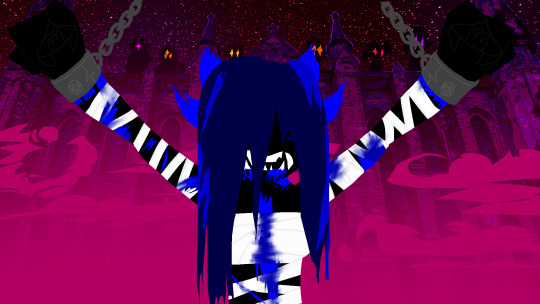
“Tonight, a tyrant will be executed.”
Read TWINSTAR today!
a redraw is imminent.
0 notes
Text










Sanrio friends 3 transparents
#toki doki#tokidoki#sanrio#hello kitty and friends#cinnamonroll#hello kitty#keropi#kuromi#little twinstars#my melody#pochacco#pompompurin#tuxedo sam#badz maru#assets#asset#my asset#transparent#sticker
97 notes
·
View notes
Text
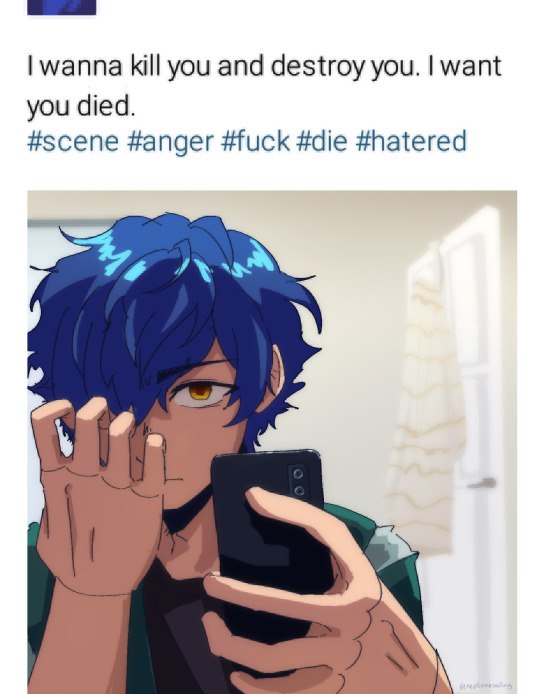
happy april fools everyone :)

#:): link -> twinstars troupe's april fools enstars english dub linked to the timestamp where you can see this art 👍#nep draws things#enstars#ensemble stars#jun sazanami#im not a junP i swear
205 notes
·
View notes
Text


Source: msta___i on Instagram
#sanrio#twinstars#twin stars#little twin stars#littletwinstars#sanriocore#sanrio characters#sanrio aesthetic#bento#food#chicken#eggs#rice#kawaiicore#kawaii core#cutecore#cute core#kawaii aesthetic#cute aesthetic#cute art#cuteart#cutefood#cute food#kawaiifood#kawaii food#recipe#recipes
91 notes
·
View notes
Text

sometimes a tall broad shouldered girl with a kinda spacey demeanor has a painful relationship with her own memory. it's been known to happen
#instant fav. imprinting on her like a baby duckling#twinstar cyclone runaway#recommended if u like scifi yuri or yuriful scifi
21 notes
·
View notes
Text
Fishing Yuri vs Reproductive Fascism
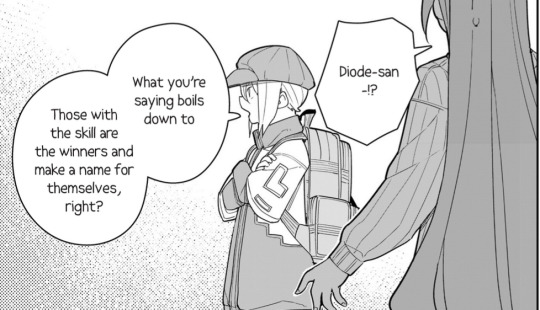
Issui Ogawa's Twinstar Cyclone Runaway novel series caught my attention the moment I learned about it. A gay marriage allegory in a weird sci-fi setting? Sign me right the fuck up. I've always found explicitly political sci-fi interesting, and well, Ogawa is not exactly a small name in Japanese sci-fi. However, a Japanese hard sci-fi novel is not going to have an easy time finding a good translation to English, much less a fanbase. So I was really excited to see that it was getting a manga adaptation, and from what it has adapted so far (~half of the first of three novels in an ongoing series), it's really living up to my feeling of hype.
There is a general setting summary after the break, and then a section where I talk a bit about the most recent chapter (8), and how it really makes a cogent argument extractive economic systems are reinforced by patriarchal norms.
The plot centers around Terra Intercontinental Endeavor, a woman who has inherited her family's fishing boat. The fishing boat requires two people to operate, a job which is performed by straight couples as a form of marriage contract. The use of married couples is understandable, given that the fishing boat transformable rocket plane that descends from orbit to operate in the skies of a gas giant, an operating environment which requires almost preternatural communication skills between the pilot and the person transforming the ship. The fish that swim around in the gas giant's skies are special: they're made of a kind of clay that can be molded by thought. The catch forms the backbone of the planetary economy; otherwise, the planetary system is so resource-starved that humanity cannot sustain itself without something to offer through galactic trade networks. Terra is highly gifted at producing complex transformations of the ship, but cannot communicate well with the male pilots she is interviewing for marriage. Part of this is because her way of describing things is a little kooky, but the majority is because the patriarchal culture she lives in has produced a lot of condescending, sexist guys who Obviously Know Better.
Fresh off a round of failed marriage interviews, Terra is desperate to find anyone who can pilot the boat. In steps a mysterious girl named Diode, who proves herself to be an exceptionally talented pilot whose skills mesh well with Terra's. So far, the story has alternated between Terra's experiences within the stifling cultural life of her home, and the moments of dizzying freedom and connection that Terra and Diode find when they're out fishing.
(Spoilers from here on out, so stop here if you would prefer to read more on your own. )
As far as the broader world of Twinstar Cyclone Runaway is concerned, the first seven manga chapters have largely focused on how badly Terra fits in with the surrounding culture. She has a reputation around the port, mostly as a person who creates absurdly complicated fishing gear and makes up weird stories. Her aunt and uncle both want to see her happily married so she can fulfill her dream of fishing, but tend to push their preferences onto her. She works as a video distributor in the clan's dilapidated cultural archives, and appears to be one of the few people interested in the world of her clan's space station. In part, this is due to the conservatism of the culture - most people are strictly utilitarian and seem happy to accept the world as it is. There's also sexism. Woo boy is there sexism.
The first few chapters alternate between life on the station, where Terra is exposed to a constant stream of sexism. The chapters dealing with station culture are almost an exercise in masochism, but provided the set dressing for a chapter which does a really decent job at describing the organizing thought processes behind anti-LGBTQ lawmaking. In it, Terra and Diode's activities have drawn the attention of the authorities, who are none too happy that they're fishing together (and effectively presenting themselves as common law wives in the process).
They're both summoned to the clan council, where the clan chief immediately begins lecturing Terra (and belittling her with backhanded complements) before ordering her to surrender her family's fishing boat to someone else. During his lecture, he highlights the 'freedom' enjoyed by their clan compared to the even more stifling culture of the clan Diode hails from. He attributes that freedom to the strong sense of "culture and tradition" of the clan, and the work of those with "superior bloodlines" who support and perpetuate it by passing that sense of identity on to the next generation while countering the clan's slowly shrinking population. Under this logic, allowing Terra to participate in a same-sex marriage is considered tantamount to enabling a cultural collapse.
It is, from just about any perspective, a fascist perspective on gender roles. Women are valued not for their ability to contribute to the culture but for their service as reproductive cogs in the economic machine. Culture and tradition are interpreted as something transmitted through blood, not community. Terra's work in maintaining the cultural archives are viewed as useless make-work, as to the leadership, a woman who does not reproduce is preventing the transmission of culture. The stability and economic productivity of the clan is the organizing principle of society, highlighted by the fact that the roles of clan chief (political leader) and head fisherman (economic leader) are held by the same person. In this framework, the backbone of society is understood to be its captains of industry, those working in economically-prestigious jobs, and their social role is to maintain the economic prestige and exclusivity of the fishing class.
The chapter ends with Diode (having initially been begrudgingly convinced to allow Terra to do the talking) exploding at how the clan chief has been talking down to the both of them. She points out the hollowness of the underlying rhetoric - although it portrays culture as something shaped by struggle and ability to assert one's will, it systematically denies most people from the attempt. While pointing this out, she also mocks the clan chief's skills, clearly relying on the offense to his masculinity to provide the opening for herself and Terra to prove themselves. While the gambit works, the clan chief is clearly setting the terms of a challenge to make them prove themselves exceptional, a task which carries a high likelihood of death.
By the way, the art does a lot of the heavy lifting here. Despite Ahiru Tanaka's slightly cartoony style, he is incredibly skilled at getting the point across through composition. Terra's workplace in the cultural archives is dingy, cramped, and literally disintegrating, and Tanaka's line work reflects this - dense, imprecise, and messy. It really sells the apparent lack of maintenance since the archives were constructed. By contrast, the clan council's chambers is airy, bright, and characterized by cleaner, more precise line work. The difference is night and day, and I think it really helps sell the Endeavor Clan's underlying thinking of exactly where "culture and tradition" are transmitted.
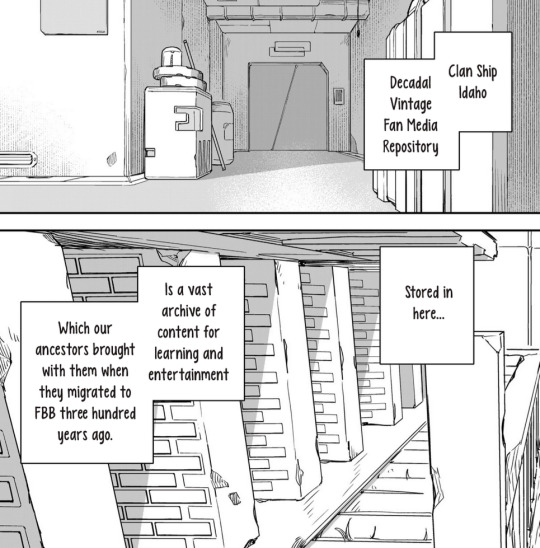
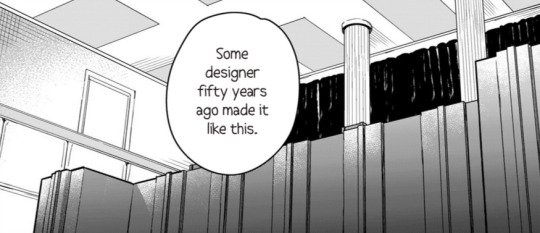
Anyway, I just had to gush a little bit about this chapter, in what is quickly becoming one of the manga releases I most anticipate reading every month.
52 notes
·
View notes
Text
damn they made gay fishing illegal
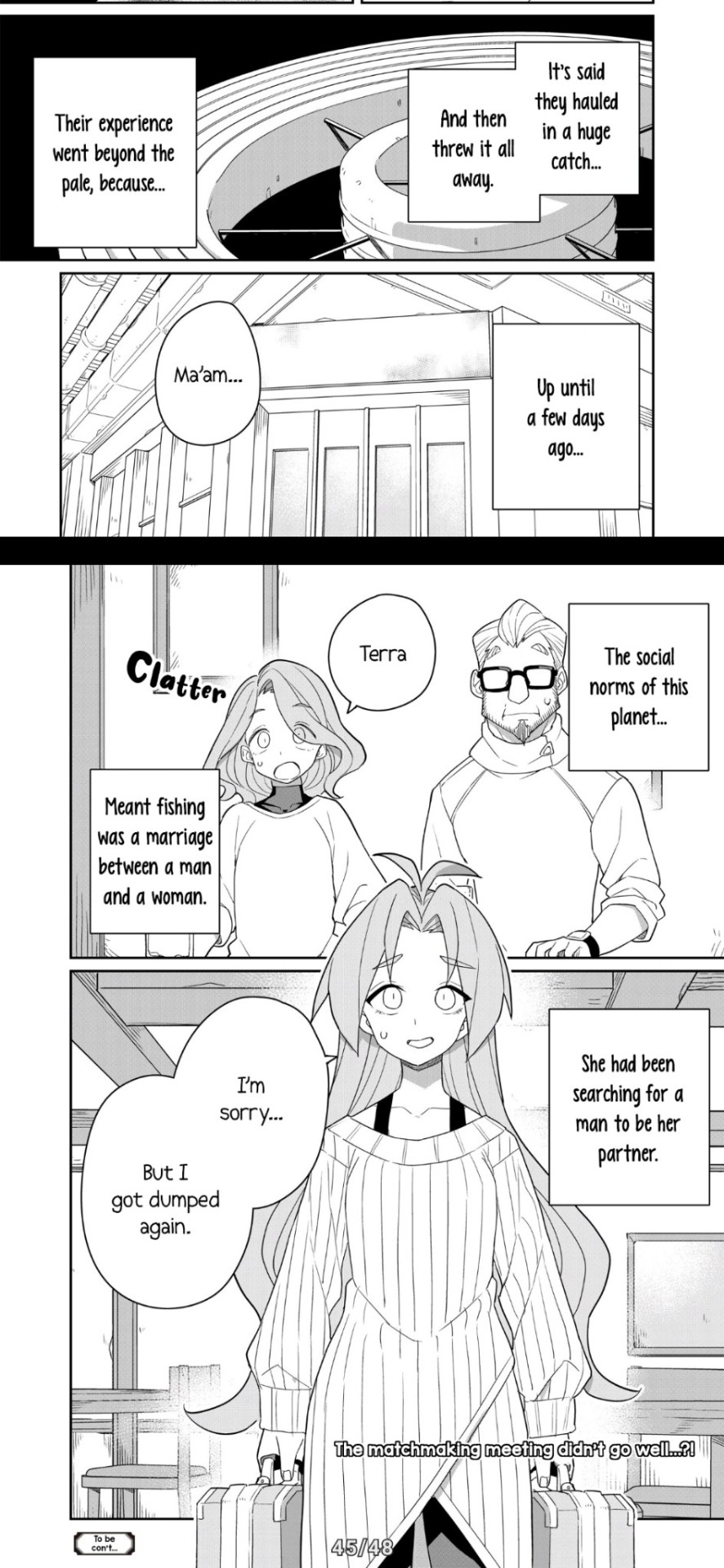
20 notes
·
View notes
Text



making moves......
2 notes
·
View notes
Text
Holy shit is this Mafia AU content

"Aand we have a winner!"
#Context: Mafia Au Twinstars own casino and (rigged) fights-without-rules arena#And also dresscode according to which their staff gladiators and etc should wear animal mask to protect their identity and whatever#m!Fluffy a) owns money to casino b) just in need of money in general so they have a contract with Twinstars according to which they have to#fight there at least once in a week#so yea#they awe cute lil fewwet#m!fluffy#my art
22 notes
·
View notes
Text
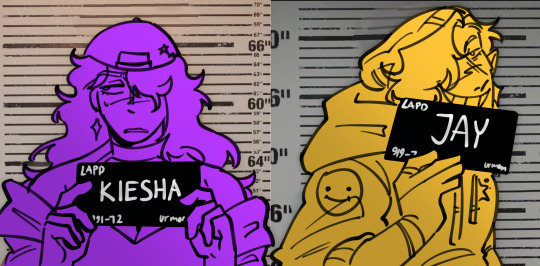
Twinstars as that one Barbie meme
16 notes
·
View notes
Text
In true warrior cats fashion the least interesting plot is the main one lmao
#musings from the music manager#obligatory warriors au#like smallsnarl has all THAT going on theres bearheart's kits debacle theres twinstar's whole weirdness#but nope we're focusing on a romance#truly this is warrior cats inspired
3 notes
·
View notes
Text
I want this one soooooooo


2 notes
·
View notes
Text

a little thing i did for promoting the @escookbook zine on the twinstars troupe's enstars fandub! go check both of them out!
+ a little bonus :]

#zine: first link -> escookbook's bigcartel#twinstars troupe: second link -> season 1 episode 4 for fandub (episode with the escookbook ad)#nep draws things#enstars#ensemble stars#rinne amagi#niki shiina#rinniki#niki's big eyes ..
72 notes
·
View notes



